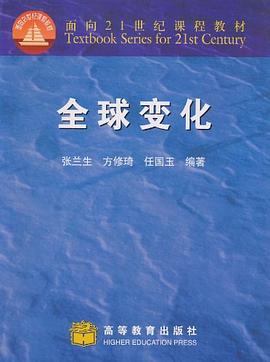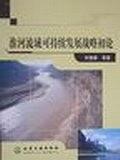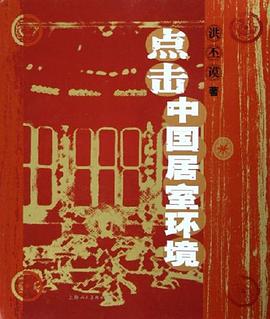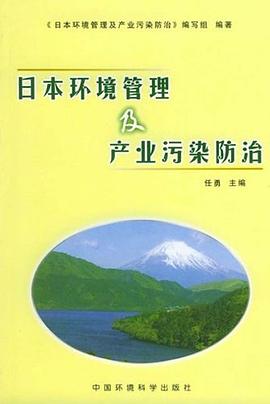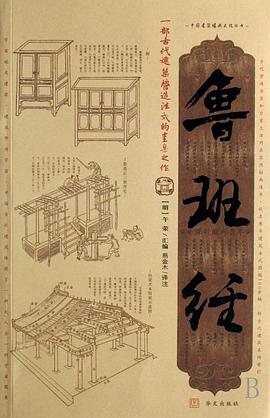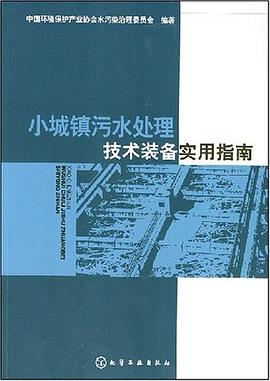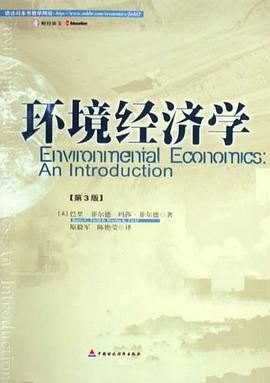

具体描述
With its control of sugar plantations in the Caribbean and tea, cotton, and indigo production in India, Britain in the eighteenth and nineteenth centuries dominated the global economy of tropical agriculture. In Colonizing Nature, Beth Fowkes Tobin shows how dominion over "the tropics" as both a region and an idea became central to the way in which Britons imagined their role in the world. Tobin examines georgic poetry, landscape portraiture, natural history writing, and botanical prints produced by Britons in the Caribbean, the South Pacific, and India to uncover how each played a crucial role in developing the belief that the tropics were simultaneously paradisiacal and in need of British intervention and management. Her study examines how slave garden portraits denied the horticultural expertise of the slaves, how the East India Company hired such artists as William Hodges to paint and thereby Anglicize the landscape and gardens of British-controlled India, and how writers from Captain James Cook to Sir James E. Smith depicted tropical lands and plants. Just as mastery of tropical nature, and especially its potential for agricultural productivity, became key concepts in the formation of British imperial identity, Colonizing Nature suggests that intellectual and visual mastery of the tropics-through the creation of art and literature-accompanied material appropriations of land, labor, and natural resources. Tobin convincingly argues that the depictions of tropical plants, gardens, and landscapes that circulated in the British imagination provide a key to understanding the forces that shaped the British Empire.
作者简介
目录信息
读后感
评分
评分
评分
评分
用户评价
这本书的开篇就以一种近乎冷峻的笔触,描绘了人类活动对自然界产生的深远影响。作者似乎并不满足于仅仅记录现象,而是深入挖掘了背后隐藏的权力结构和意识形态。我特别欣赏作者在引入“殖民”这一概念时所展现出的那种批判性的深度。他没有把它仅仅局限在地理上的征服,而是巧妙地将其延伸到了知识、科学乃至日常生活的层面。阅读过程中,我仿佛置身于一个巨大的实验室,观察着人类如何一步步将自然“他者化”,并试图将其纳入自身的认知框架和控制系统之中。特别是关于“科学理性”如何成为一种新的殖民工具的论述,令人深思。那种将复杂生态系统简化为可量化、可预测变量的做法,其潜在的傲慢与危险性被揭示得淋漓尽致。书中穿插的历史案例,无论是对美洲大陆资源的掠夺,还是近代以来对生物多样性的系统性研究,都清晰地勾勒出一条从“发现”到“占有”,再到“改造”的逻辑链条。作者的叙事节奏张弛有度,时而宏大叙事,剖析宏观的全球趋势;时而聚焦微观的田野观察,让人感受到个体在巨大系统面前的无力感。这本书无疑为理解当代环境危机提供了一个极其犀利和富有穿透力的理论框架,它强迫我们重新审视那些我们习以为常的、看似中立的“进步”叙事背后的真实代价。
评分这本书的结构安排颇具匠心,它似乎遵循着一种螺旋上升的论证模式。起初,它似乎只是在探讨某个特定的历史事件,但随着章节的推进,你会发现每一个案例都像是一个切片,最终拼凑出了一个关于人类中心主义如何渗透到我们感知世界的每一个角落的宏大图景。我个人对书中关于“时间”和“空间”的讨论印象深刻。作者认为,现代科学通过将自然时间“线性化”和将自然空间“均质化”,极大地便利了对其的剥削和管理。这解释了为什么我们总感觉自然界的变化是缓慢的、可被预测的,从而为大规模的工程和开发提供了理论上的合法性。这种对基础概念的颠覆性解读,令人拍案叫绝。此外,作者在处理复杂伦理困境时的那种克制和审慎的态度,也值得称赞。他没有简单地将“自然”描绘成一个无辜的受害者,而是深入探讨了人类在认知上的局限性以及我们对“秩序”的病态追求。阅读这本书,就像是进行了一次深入的认知手术,它切除了我们习以为常的偏见,暴露了潜在的结构性问题。这本书的后劲很大,读完很久之后,我依然会不自觉地在日常生活中寻找那些“殖民”的蛛丝马迹。
评分读完这本书的感触,更像是一场精神上的漫游,跟随作者的思绪穿越了不同的历史时空。我发现,这本书最引人入胜之处在于它跨学科的广博视野。它不仅仅是一部环境史或社会学著作,更像是哲学思辨与田园牧歌式描写的奇妙结合。作者对不同文化中人与自然关系的对比分析尤其精彩。比如,他引用的某个土著部落关于“土地拥有者”的观念与现代产权制度的冲突,那种细微的、近乎诗意的差异,被作者用冷静的笔触捕捉并放大,使得“拥有”和“共存”之间的界限变得模糊而耐人寻味。书中关于“自然资源”这一概念的解构工作尤为到位,它揭示了这一中性词汇背后所蕴含的巨大的经济驱动力和政治意图。我尤其喜欢其中关于“景观美学”的部分,作者犀利地指出,我们今天所赞美的那些壮丽的自然风光,往往是经过了大规模的筛选、驯化甚至破坏后才得以呈现的“被生产出来的自然”。这种将审美经验还原到物质生产过程的还原论视角,虽然有些残酷,但却异常真实,它让你在下一次面对高山大川时,多了一层审视的目光,少了一分盲目的崇拜。整本书的文笔流畅自然,充满了智识上的愉悦感。
评分不得不说,这是一本阅读门槛稍高的作品,它要求读者不仅要有基础的知识储备,更需要一种愿意挑战既有世界观的勇气。书中引用的理论对话非常丰富,从后结构主义到生态哲学,作者信手拈来,构建起一张密不透风的理论网。我最欣赏作者在探讨技术与自然关系时的那种辩证思维。他承认技术在改善人类生活中的积极作用,但同时毫不留情地揭露了技术是如何成为最精密的自然控制工具的。例如,书中对“精确农业”的批判,指出这种看似高效的管理模式,实则建立在对生态系统整体性与随机性的彻底否定之上。这种对效率至上原则的深刻反思,对于我们身处的信息化时代来说,具有极其重要的警示意义。作者的行文风格非常成熟稳重,少有煽情或空泛的口号,一切论证都建立在扎实的文献梳理和逻辑推演之上,使得其批判更具说服力和穿透力。它不是一本让你读完后感到轻松愉悦的书,但它绝对是一本能让你在智力上得到极大锤炼、思维边界被拓宽的佳作。
评分这本书的叙事角度是其最独特之处。作者似乎站在一个极高的、近乎超然的视角来俯瞰人类文明的历史进程,但同时又非常贴近那些被历史洪流裹挟的微小生命。我特别对书中关于“命名权”的探讨产生了强烈的共鸣。谁有权为自然命名?一旦命名,这个实体就进入了人类的有效管理和支配范畴。这种对语言政治学的深入剖析,揭示了知识生产本身就是一种权力实践。书中对于不同科学分支如何协同作用,共同完成对自然的“规训”描绘得尤为精妙,它展现了一种系统性的、层层嵌套的控制机制。不同于许多环保主义著作的倾向于道德谴责,这本书提供了一种更具历史感和结构性的解释,它解释了我们“为什么会走到这一步”,而不仅仅是“我们做错了什么”。全书的论述如同一部精心编排的交响乐,各个声部(历史、哲学、科学、伦理)相互交织,最终汇集成一股强大的、令人无法回避的反思洪流。对于任何想要深入理解当代环境危机背后复杂成因的读者来说,这本书都是一份不可或缺的深度阅读指南。
评分 评分 评分 评分 评分相关图书
本站所有内容均为互联网搜索引擎提供的公开搜索信息,本站不存储任何数据与内容,任何内容与数据均与本站无关,如有需要请联系相关搜索引擎包括但不限于百度,google,bing,sogou 等
© 2026 book.wenda123.org All Rights Reserved. 图书目录大全 版权所有




